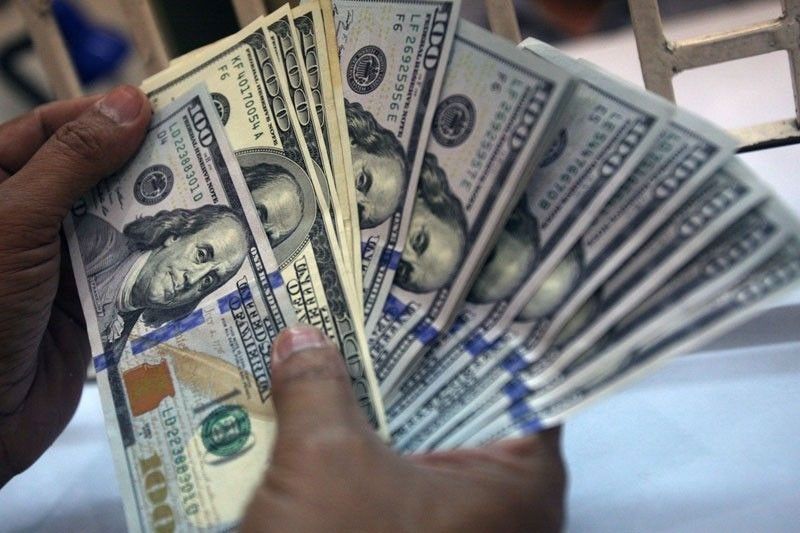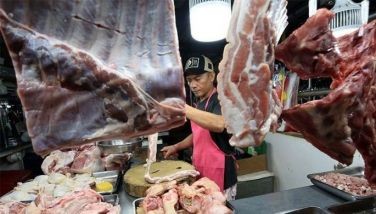Trade gap narrows to $1.3 billion in June

MANILA, Philippines — With imports falling at a faster rate than exports, the deficit in the country’s trade balance narrowed in June, giving economic managers hope the economy is on the road to recovery.
The Philippine Statistics Authority (PSA) reported yesterday that total external trade in goods in June declined 20 percent to $11.97 billion, slower than the 35.3 percent annual contraction in May when inbound and outbound shipments totalled $10.39 billion.
Inbound and outbound shipments both fell at a softer pace annually in June from May, but the drop in imports was faster than exports, PSA said.
Exports went down at slower pace of 13.3 percent annually in June totalling $5.33 billion, from a 26.9 percent fall in May totalling $4.53 billion. This was attributed to improvements in shipments of minerals, manufactures and forest products.
Imports likewise declined at a slower pace of 24.5 percent annually to total $6.63 billion in June against the annual decline of 40.6 percent in May to reach $5.85 billion. Improvements were seen in the inward shipments of unprocessed raw materials needed for manufacturing.
This brought the balance of trade to a deficit of $1.3 billion, narrower than the $1.321 billion in May and $2.64 billion in June 2019.
“This slower decline in the country’s trade performance signals the resumption of economic activities,” said Acting Socioeconomic Planning Secretary Karl Chua.
ING Bank Manila senior economist Nicholas Mapa said the persistent decline in external trade performance, although slower, still indicates weak global demand and “a stalling domestic economy.”
The annual decline in consumer imports, he noted, still indicates weak consumer demand.
“We can expect this trend to continue over the next couple of quarters with consumer sentiment hampered by the recent surge in the virus and return to more stringent lockdown measures,” he said.
“ We can expect this trend to be sustained for the balance of the year,” Mapa said.
With imports seen to remain weak, Mapa said the peso will remain supported in the near term as steady inflows from overseas Filipino workers and foreign borrowings outpace domestic dollar demand.
Chua also recognized the risk that the reimposition of a modified enhanced community quarantine (MECQ) has on businesses as certain sectors need to scale back or temporarily suspend operations.
“The two-week MECQ will allow the government to reassess approaches, procedures, and response protocols and capacities that may need to be improved to better contain the spread of the virus while ensuring that the gains from reopening the economy are not fully reversed,” he said.
- Latest
- Trending































